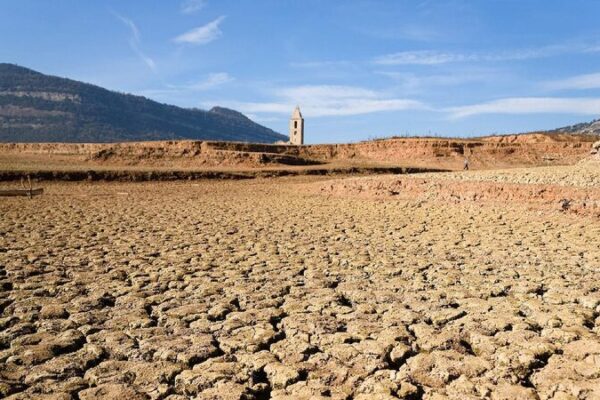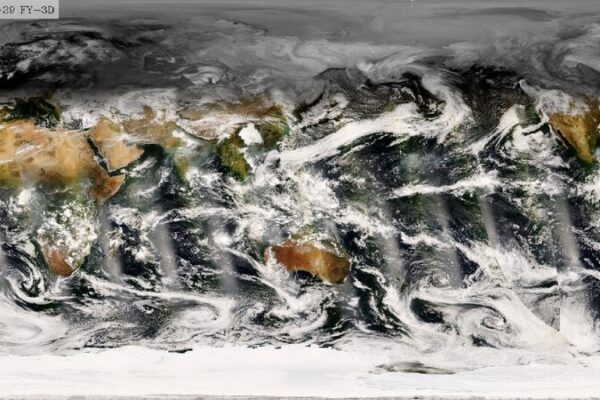Europe has recorded its hottest year ever in 2024, grappling with deadly floods, prolonged heatwaves, and unprecedented climate extremes, according to a recent joint report by the World Meteorological Organization (WMO) and the Copernicus Climate Change Service (C3S).
The report, titled “European State of the Climate 2024,” highlights that Europe remains the world’s fastest-warming continent, experiencing serious impacts from extreme weather and climate change.
“These extreme events led to significant challenges for communities across Europe,” said Samantha Burgess, deputy director of C3S, during a press conference. “They resulted in an estimated 18 billion euros (about $20 billion) of damages, with 85 percent attributed to flooding.”
In 2024, Europe witnessed the most widespread flooding since 2013. Nearly one-third of the river network exceeded the “high” flood threshold, and 12 percent surpassed the “severe” flood threshold. At least 335 people lost their lives, and 413,000 were affected by storms and floods.
Heatwaves swept across the continent, with Europe recording its second-highest number of days with “strong,” “very strong,” and “extreme” heat stress. Nearly 60 percent of Europe experienced above-average days of “strong heat stress.” Southeastern Europe endured its longest heatwave on record in July, lasting 13 consecutive days and impacting 55 percent of the region.
Sea surface temperatures also hit record highs. For the European region and the Mediterranean Sea, temperatures were 0.7 degrees Celsius and 1.2 degrees Celsius above average, respectively.
The extreme conditions led to record glacier losses across all European regions. Glaciers in Scandinavia and Svalbard, an archipelago between Norway and the North Pole, experienced their highest rates of mass loss on record—averaging a thickness loss of 1.8 meters in Scandinavia and 2.7 meters in Svalbard.
Wildfires further compounded the situation. In September, fires in Portugal burned around 1,100 square kilometers in one week, accounting for about a quarter of Europe’s total annual burned area. An estimated 42,000 people were affected by wildfires across Europe.
WMO Secretary-General Celeste Saulo emphasized the urgency of climate action. “Every additional fraction of a degree of temperature rise matters because it accentuates the risks to our lives, economies, and the planet. Adaptation is a must,” she said in a statement.
Amid the alarming trends, there was a positive development. The proportion of electricity generation from renewables in Europe reached a record high in 2024, now standing at 45 percent.
The “European State of the Climate” report is released annually and provides a comprehensive assessment of climate trends and impacts across the continent. This year’s edition is the eighth in the series and the second published jointly with Copernicus, the European Union’s Earth observation program.
Reference(s):
Europe, fastest-warming continent, endures hottest year in 2024
cgtn.com








